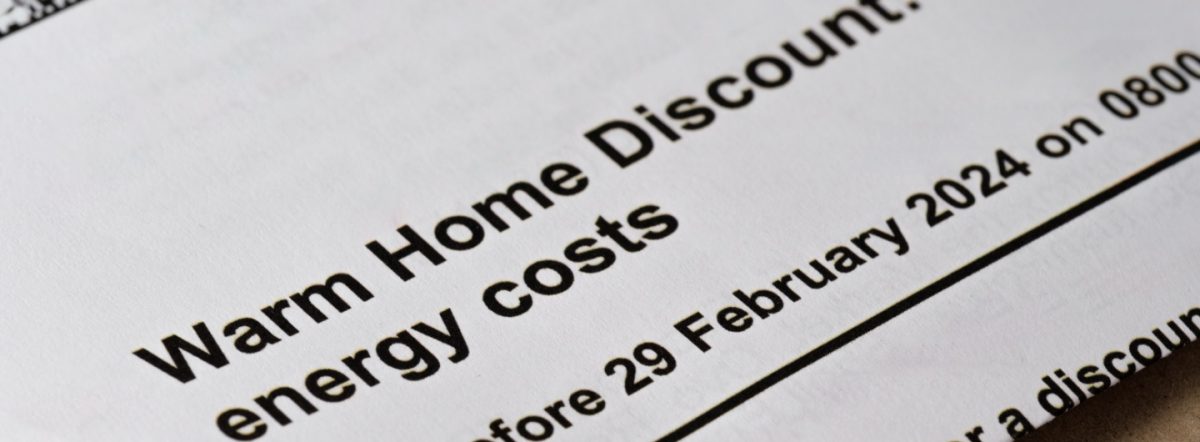The UK Government’s proposed expansion of the Warm Home Discount (WHD) is a welcome step, but campaigners have urged ministers to go further in ensuring vulnerable households receive the support they need this winter and beyond.
From 1 April 2025, energy bills will rise by 6.4%, keeping costs at levels 77% higher than in 2020. Millions of households – especially older people, renters, prepayment meter users, and those with health conditions – are struggling to afford these soaring costs.
In a consultation issued by Government, Ministers have proposed removing the high-cost-to-heat threshold from WHD rules which means that more means-tested benefit claimants will be able to qualify for the scheme.
However, in the End Fuel Poverty Coalition response to the consultation, experts stress that disabled people and those on non-means-tested disability benefits must also be included, as they often face significantly higher heating costs.
Furthermore, campaigners argue the WHD should be increased in line with inflation and funded from sources like the £4bn in excess profits made by energy network companies, rather than customer bills.
Expanding the Park Homes Warm Home Discount Scheme (PHWHDS) is also crucial, as many in atypical housing arrangements have been excluded from previous energy support. This includes people living in park homes who tend to be older and also those such as Gypsy, Traveller, and Boater communities.
However, there are concerns that broadening the scheme without increasing funding will mean many existing and newly eligible households could miss out.
A spokesperson for the End Fuel Poverty Coalition, commented:
“We strongly support the expansion of the Warm Home Discount as set out in the consultation. However, we believe that in expanding the scheme, the Government must also extend the support to more households who will otherwise suffer in cold damp homes next winter.
“Ministers’ proposals must also be properly resourced, rather than diverting money from energy advice initiatives that help those struggling with energy costs.
“Looking ahead, we need to see a more sustainable, long-term energy bill support scheme that targets all low-income households, including those with high energy needs who do not receive means-tested benefits.”
ENDS
Full consultation response available: https://www.endfuelpoverty.org.uk/news/reports-and-correspondence/
Image credit: Ascannio / Shutterstock.com


